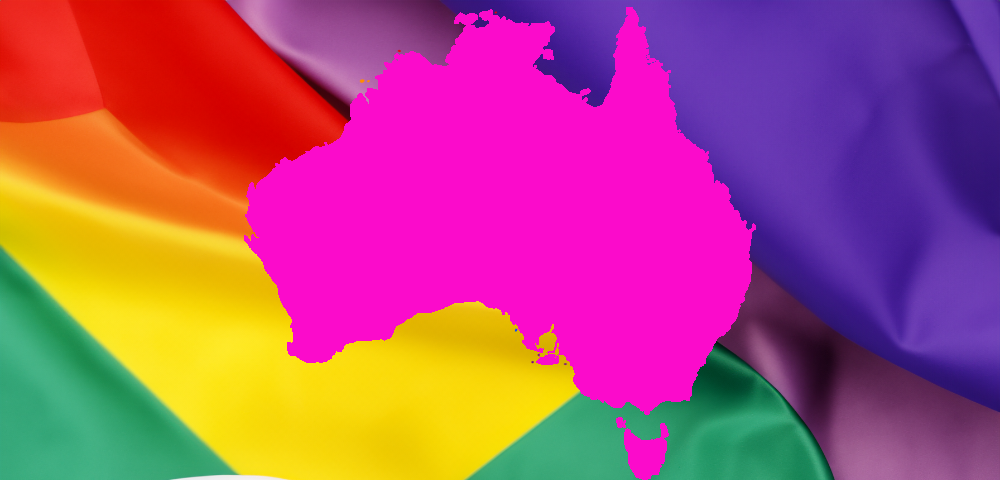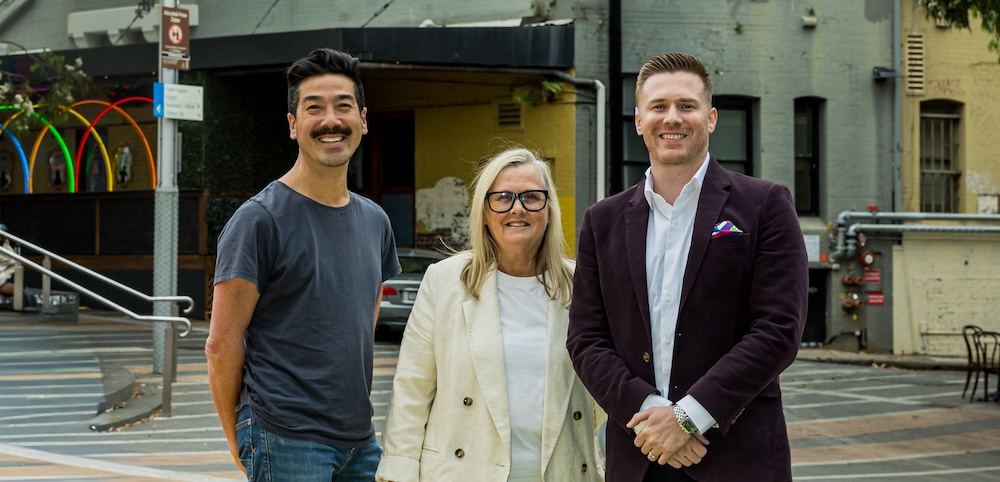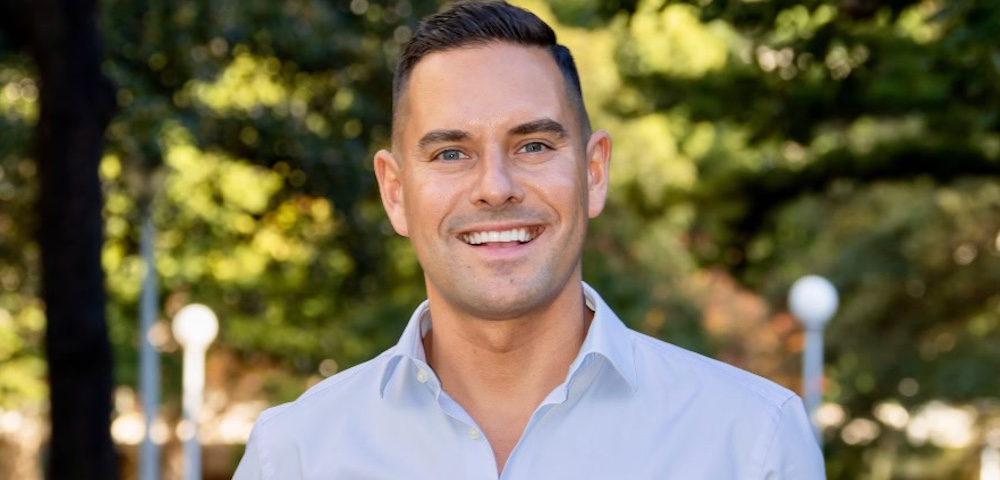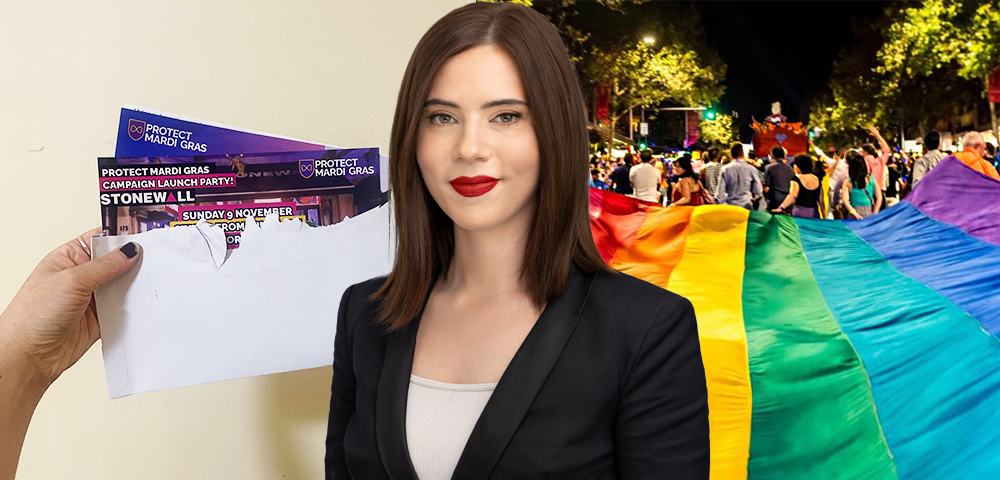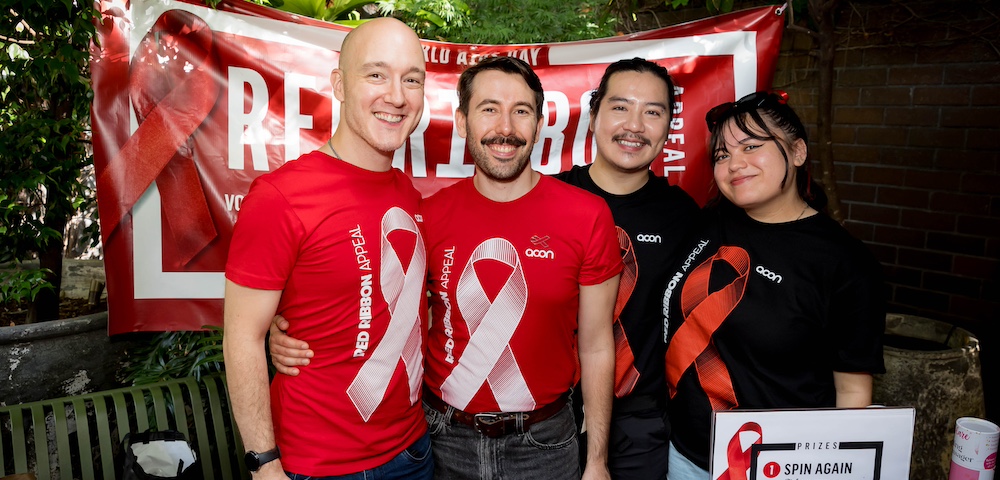
2005: a gay cowboy romance
Why is there a picture of two straight actors from a film not-yet-released in Australia on the cover of this week’s SSO?
The hype surrounding Ang Lee’s adaptation of Annie Proulx’s Brokeback Mountain has made Heath Ledger’s Ennis and Jake Gyllenhaal’s Jack the most famous gay men on earth right now.
Gyllenhaal’s repeated denial about the characters’ sexuality is annoying. But this is a film that straight people will see, a film that will show a long-term, all-consuming love affair between two men.
The Star‘s film reviewer Jeanti St Clair has seen it. Her review will be printed before the film’s much-anticipated 26 January opening.
Here’s what the rest of the world is saying:
Heath Ledger is just almost really beyond description as far as I’m concerned. He got inside the story more deeply than I did. All that thinking about the character of Ennis that was so hard for me to get, Ledger just was there. He did indeed move inside the skin of the character, not just in the shirt but inside the person. It was remarkable.
-” Annie Proulx, Advocate.com
Ever since the dawn of feminist film criticism and theory in the 1970s, film scholars have analysed the homoerotic subtexts in the homosocial world of the classic western. But Brokeback Mountain goes much further, for it turns the text and subtext inside out and reads the history of the west back through an uncompromisingly queer lens.
Not only does the film queer its cowboys, but it virtually queers the Wyoming landscape as a space of homosexual desire and fulfilment, a playground of sexuality freed from judgment, an Eden poised to restore prelapsarian innocence to a sexuality long sullied by social shame.
-” B Ruby Rich, The Guardian
Brokeback Mountain is ultimately not about sex (there is very little of it in the film) but about love: love stumbled into, love thwarted, love held sorrowfully in the heart.
-” Stephen Holden, The New York Times
This slow and stoic movie, hailed as a gay Western, feels neither gay nor especially Western: it is a study of love under siege.
-” Anthony Lane, The New Yorker




